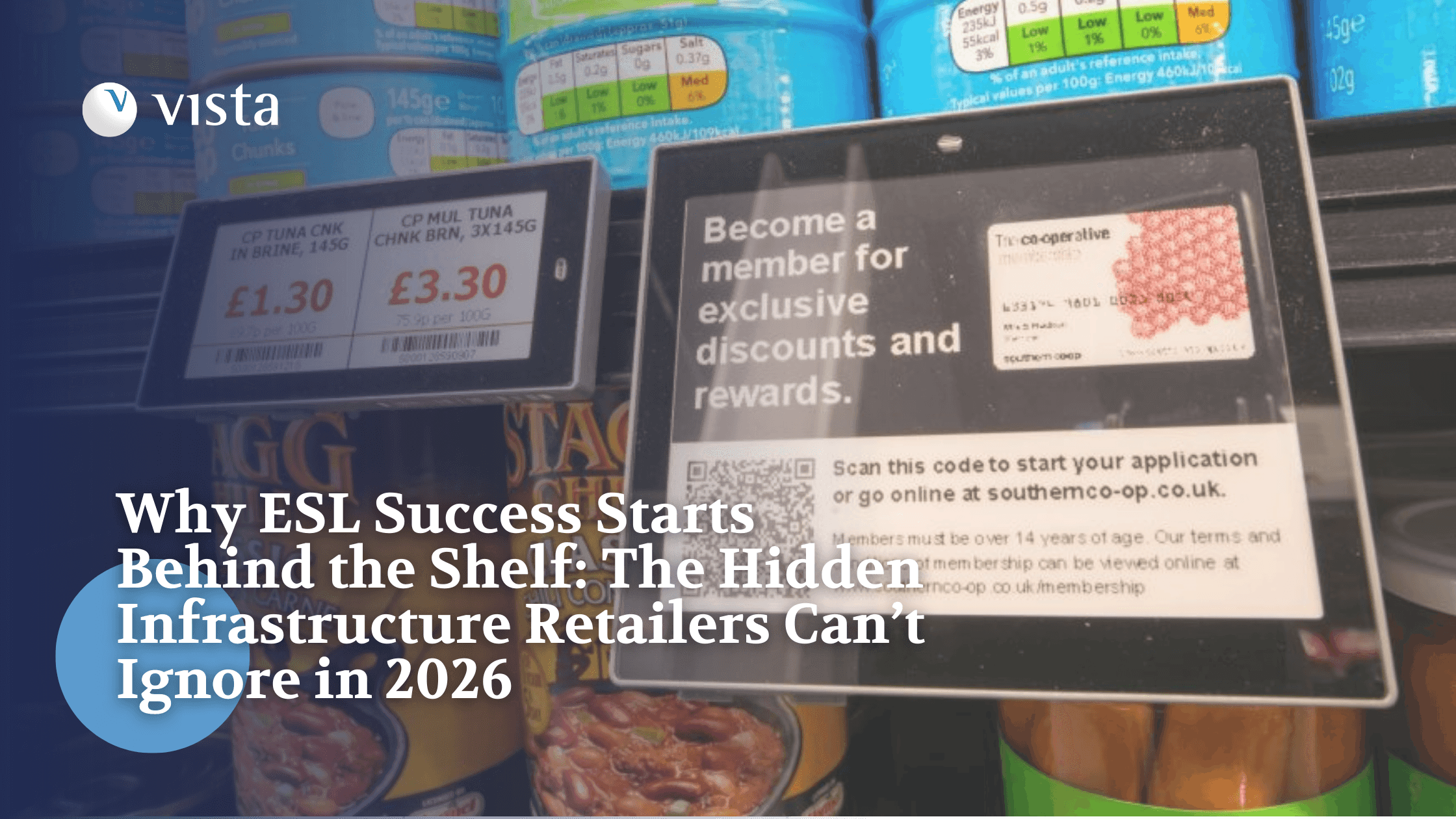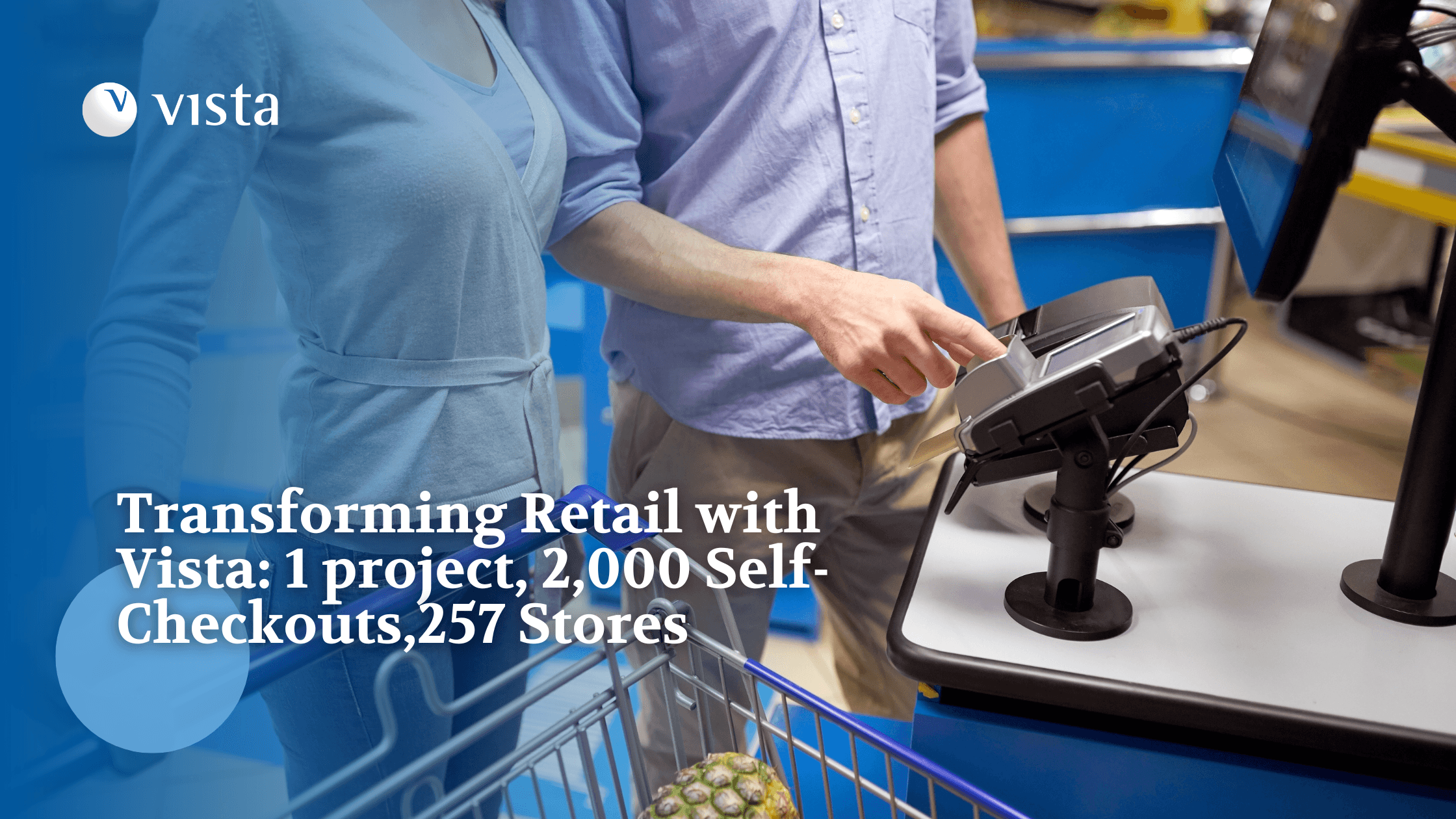Though previously set to take place October 2025, the UK Government has now confirmed that the Deposit Return Scheme (DRS) will be introduced across England, Northern Ireland, and Scotland from 1 October 2027. This delay offers businesses more time to prepare – but that preparation starts now.
As of now, we’ve officially entered Phase One, where businesses are expected to begin engaging with the appointed Deposit Management Organisation (DMO), assess operational impacts, and start planning for technology and infrastructure upgrades.
The environmental benefits are clear, but for retailers, the scheme brings significant changes in operations, compliance, and technology. In this blog, we explore what the DRS means for retailers, the challenges and opportunities it presents, and how customers will benefit.
So, here’s what to expect, and why it’s being introduced.
What is the Deposit Return Scheme?
The DRS is a system set up so that consumers will pay a small deposit (around 20p) when purchasing one-use drinks in plastic bottles, aluminium, or steel cans. This deposit is refunded when the empty container is returned to a designated collection point – in hopes to encourage more people to recycle their goods.
*In Wales, glass bottles will also be included in scheme*
The scheme covers containers between 50ml and 3 litres, including both single-serve and multipack formats. Each item must carry a DRS-specific label and a barcode or QR code for identification at return points – only containers with these labels will be eligible for monetary refund.
Return points will be available at major supermarkets like Tesco, Asda, Morrisons, and Sainsbury’s, where customers can recycle containers and reclaim their deposits.
So, what are the implications for Retailers?
Retailers selling drinks will be at the forefront of this initiative. Here’s how it will impact them:
Operational Changes
Retailers must:
- Accept returns of eligible containers.
- Refund deposits to customers.
- Store returned containers securely until collection.
These changes may require space reallocation, staff training, and new workflows, especially for smaller stores with limited space.
Technology Upgrades
To comply, retailers will need to invest in:
- Reverse Vending Machines (RVMs): Automate returns by scanning containers and issuing refunds – essential for high-volume locations.
- Point-of-Sale (POS) Integration: Systems must apply and refund deposits accurately.
- Inventory & Reporting Tools: Track DRS transactions and report to the Deposit Management Organisation (DMO).
- Customer Experience
Retailers will play a key role in educating customers. Clear signage, helpful staff, and intuitive return systems will be crucial for a smooth experience.
Challenges and Opportunities
While the DRS introduces new responsibilities, it also opens doors:
Opportunities:
- Sustainability Leadership: Demonstrate commitment to environmental goals.
- Customer Engagement: Convenient return options can boost footfall and loyalty.
- Innovation: Tech-savvy retailers can stand out with seamless return systems.
Challenges:
- Smaller retailers may face cost and logistical hurdles.
- Government support and clear guidance will be essential for successful implementation.
Key Requirements for Retailers
Retailers selling drinks included in the scheme must:
- Pay the deposit to producers or wholesalers.
- Charge the deposit to consumers at the point of sale.
They must also:
- Host a return point (manual or automated), unless exempt.
- Register with the DMO.
- Refund deposits at the point of return (via voucher, card, or cash).
- Store returned containers securely.
- Display clear information about how the scheme works.
Exemptions and Voluntary Return Points
Retailers in urban areas with less than 100m² of retail space are automatically exempt from hosting a return point but can apply to be a voluntary return point.
Other organisations can also apply to host voluntary return points, including:
- Hospitality venues
- Food-to-go stores
- Schools, gyms, sports or community centres
- Mobile caterers
- Businesses with vending machines
Retailers not automatically exempt can apply for exemption if:
- They are close to another return point.
- Their premises make hosting a return point impractical due to layout, size, or design.
Evidence must be submitted to the DMO, which will provide guidance on criteria and application processes.
But, what about those businesses who sell online, or for on-site consumption?
Takeback Services
Online retailers selling one-use drinks bottles can still do their bit to help the DRS movement. Online retailers are able to register themselves as takeback service providers, allowing them to collect empty containers from customers at the point of delivery and refund the deposit.
On-site Consumption
Retailers selling drinks for immediate consumption on-site (e.g., cafes, restaurants, pubs) can opt not to charge the deposit. They must:
- Collect and store containers for DMO collection.
- Display signage informing customers they are an opt-out premises and encouraging them to leave empty containers.
Retailers selling both takeaway and on-premises drinks may choose to apply the deposit only to takeaway items.
Final Thoughts
The Deposit Return Scheme marks a major step toward a circular economy. Its success will depend on collaboration between government, retailers, and technology providers.
Now is the time to review how it effects your organisation, explore technology solutions, and engage your teams to ensure a smooth transition.
Don’t wait, start planning today.
📩 Got questions or need support? Reach out to our team to help you get DRS-ready: consulting@vistasupport.com / 0330 135 9878
Check out our other services here: Services – Vista Technology Support


